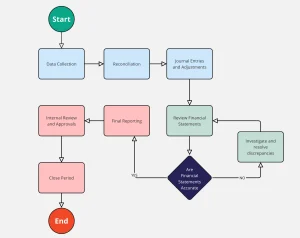
Legacy is more than money; it encapsulates our core beliefs and can have a tremendously positive effect on society at large.
As part of an overall financial planning practice, advisors should introduce their clients to philanthropy as part of an integral discussion. This toolkit offers guidance and resources to facilitate this dialogue.
Charitable Contributions
Contributions to charitable organizations that can be deducted on your income tax return can come in many forms – money or non-cash assets such as stocks, real estate or valuables can be donated. There are also several tax strategies you can employ when giving charitable gifts, including using donor advised funds in high income years to “bunch” contributions together, or contributing a combination of cash and appreciated assets to worthy causes.
Many individuals choose to include charity in their estate plan to ensure that their philanthropic wishes will be carried out after death. Communicating this goal to clients helps you better understand their values and goals while making sure their estate planning documents reflect this wish. In addition, you can introduce them to planned giving methods like private foundations or charitable trusts which provide advantages over more traditional means. These types of giving methods may also give donors significant personal benefits themselves.
Private Foundations
Wealthy families frequently form private foundations to further charitable causes and leave behind an enduring legacy. Like any nonprofit entity, private foundations must adhere to specific compliance regulations and report on their financial activity annually. Furthermore, the IRS mandates that private foundations distribute at least five percent of their net investments each year through what’s known as “The 5% Rule.” This requirement ensures philanthropy while still safeguarding assets of the foundation.
Private foundations provide the opportunity to expand assets tax-efficiently while passing them onto future generations while maintaining legal control, flexibility and substantial tax advantages. But they can be cumbersome to establish and administer. Donor advised funds may offer an easier and simpler means of meeting charitable goals with similar charitable impact and less administrative overhead.
Charitable Trusts
A charitable trust is an effective estate planning strategy that offers donors control, flexibility and tax advantages. A trustee of such a trust may distribute either income or the remainder to beneficiaries who may include individuals or organizations. A charitable trust gift reduces both income and estate tax liabilities owed by decedents – it may prove particularly effective for donors with substantial assets in retirement accounts or tax-deferred investments.
First step of setting up a CRUT, CRAT or CLT is identifying your impact goals and the organizations or charities you would like to support. Our advisors can work closely with you and your advisers to develop a plan that fulfills those goals.
Charitable Gift Annuities
Charitable gift annuity (CGA) offers another means of supporting your favorite cause while improving financial security. Under this arrangement, you make a one-time donation to a charity; they then invest the funds and pay out a fixed income stream until your death – keeping whatever remains in their investment fund as part of its legacy.
Olsen notes that contributions to CGAs may be partially tax-deductible in the year of their donation as long as you itemize rather than taking the standard deduction. You should ask your charity of choice for an illustration showing expected payments and their tax implications, says Olsen.
People can establish charitable gift annuities (CGAs) both with cash donations and with other assets like securities or personal property. Under new rules implemented as part of the Legacy IRA Act, IRA holders may direct up to $50,000 from their IRA into either a CGA or charitable remainder trust (CRT).





